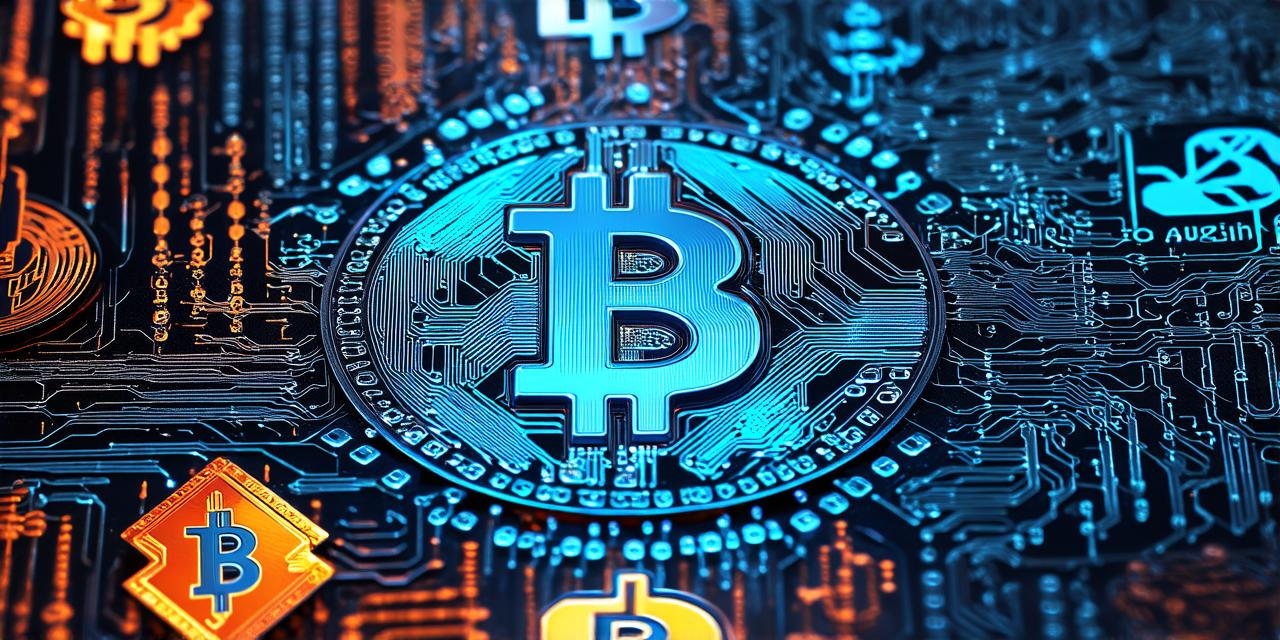Non-Fungible Tokens (NFTs) have been around since the early days of blockchain technology. They are digital assets that represent ownership of a unique item or piece of art, such as a painting or a rare collectible card. NFTs have gained popularity in recent years due to their potential for use cases beyond just collecting. However, some people may be wondering if NFTs are still relevant and being used today. In this article, we will explore the current state of NFT usage and its potential future applications.
What are NFTs?
Non-Fungible Tokens (NFTs) are unique digital assets that represent ownership of a specific item or piece of art. They are stored on a blockchain network, which ensures their authenticity and immutability. Unlike traditional tokens, such as cryptocurrencies, which are interchangeable and can be used to purchase any item, NFTs are one-of-a-kind and cannot be traded for anything else.
Why were NFTs created?
NFTs were created to provide a unique way to own and sell digital assets. They offer several benefits over traditional tokens, such as:
- Authenticity: NFTs are stored on a blockchain network, which ensures their authenticity and immutability. This makes it difficult for someone to counterfeit an NFT or tamper with its ownership.
- Rarity: NFTs can represent ownership of unique items or pieces of art that may be rare or valuable. This creates a scarcity that can drive up the price of the NFT.
- Ownership: NFTs provide a clear and transparent way to prove ownership of a digital asset. This can be useful for artists who want to monetize their work, as well as collectors who want to ensure they own an authentic piece of art.
How are NFTs used today?
NFTs have several potential use cases beyond just collecting. Some examples include:

- Art: Many artists have started using NFTs to monetize their work. They can sell their digital artwork as NFTs, which gives them a way to earn money from their art without having to rely on traditional galleries or art dealers.
- Gaming: NFTs can be used in games to represent unique items or characters. This creates a sense of ownership and exclusivity for players, which can drive up the value of the NFT.
- Domain names: Some companies have started using NFTs to sell domain names as digital assets. This allows them to monetize their domain names and create a marketplace for buying and selling them.
- Real estate: NFTs can be used to represent ownership of real estate properties, such as apartments or houses. This creates a unique way to own and sell property that is not tied to traditional real estate transactions.
Conclusion:
In conclusion, NFTs are still relevant and being used today in a variety of ways. While they may have started out as a way to collect digital assets, they now have several potential use cases beyond just collecting. As technology continues to evolve, we can expect to see even more creative uses for NFTs in the future.
